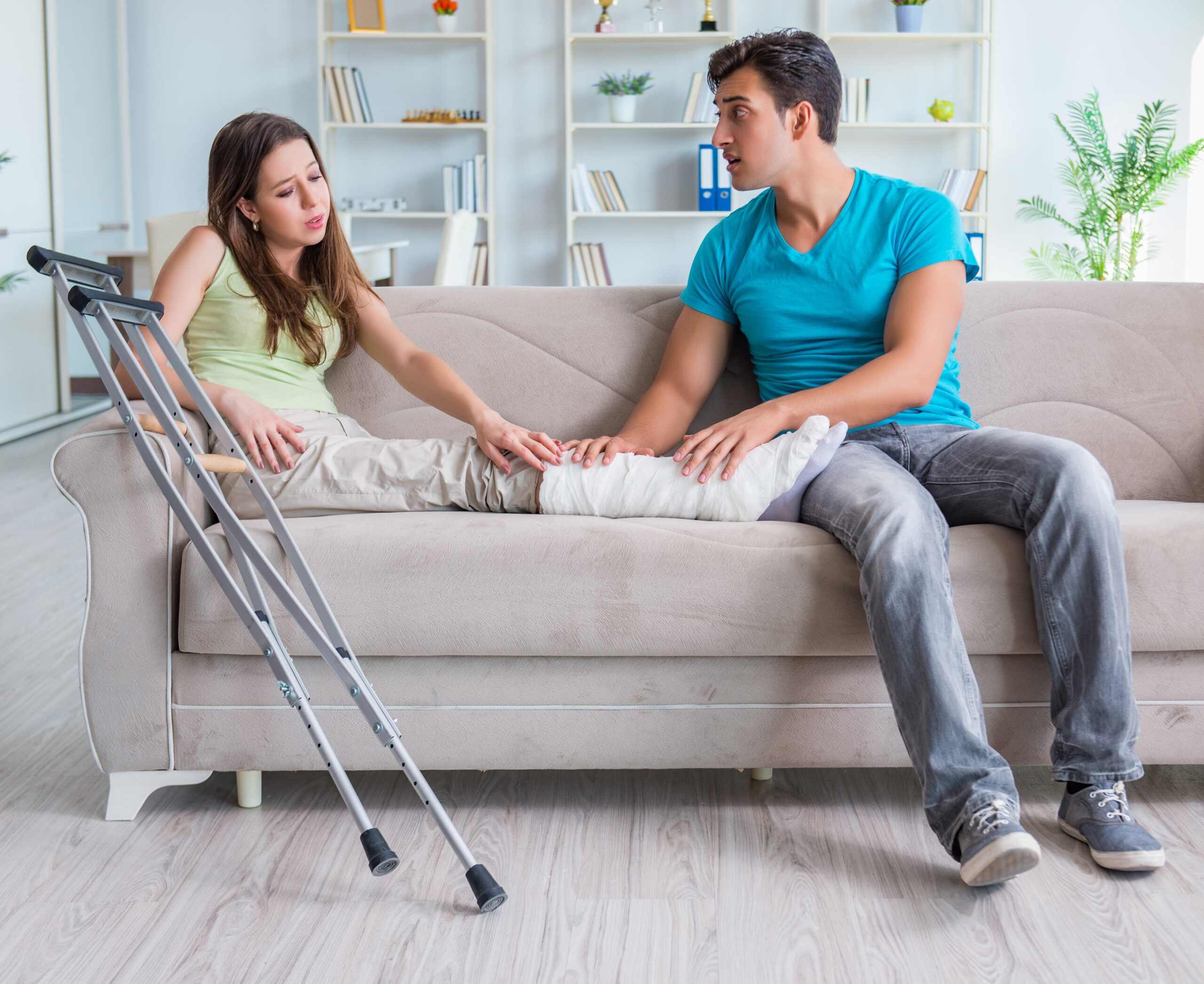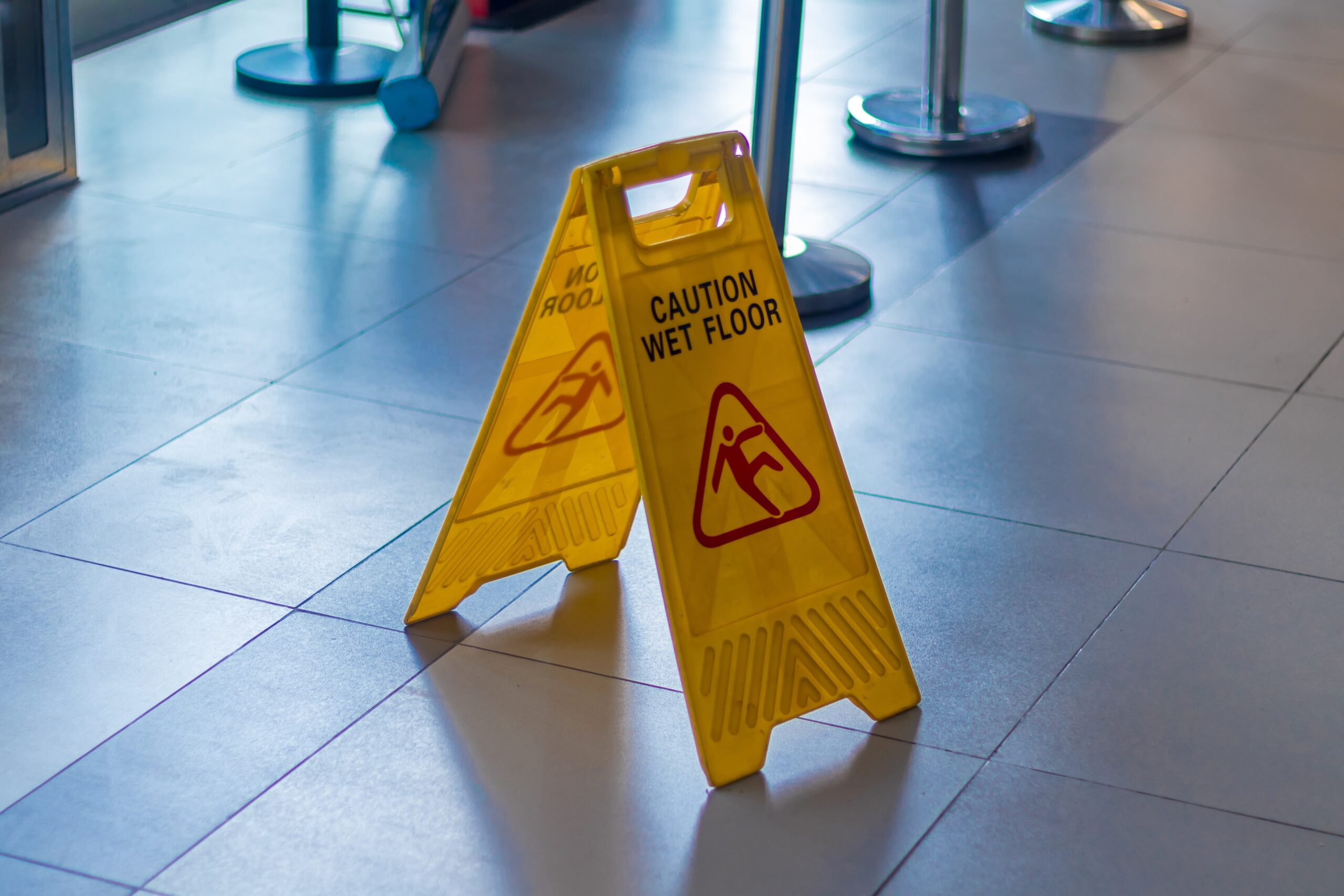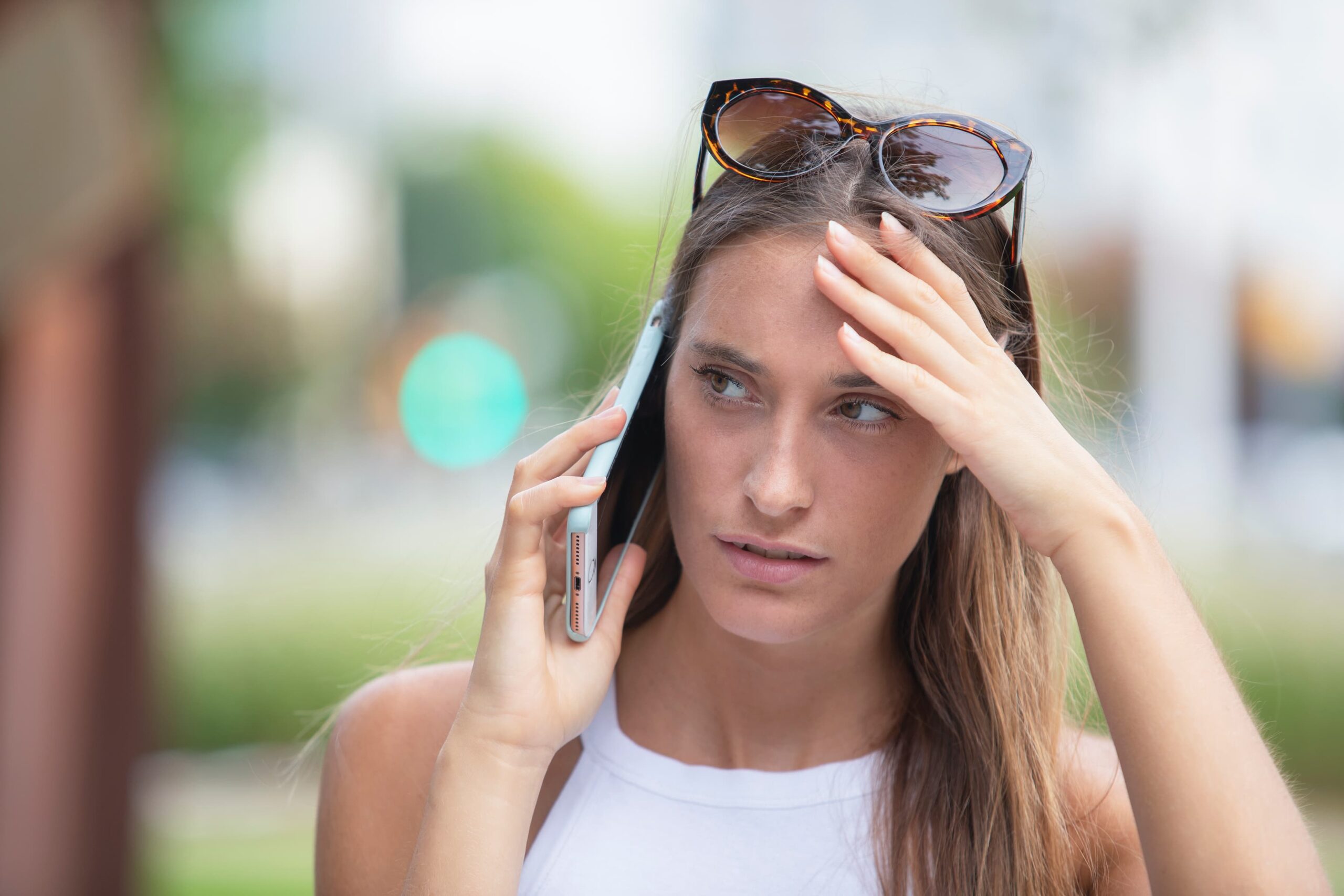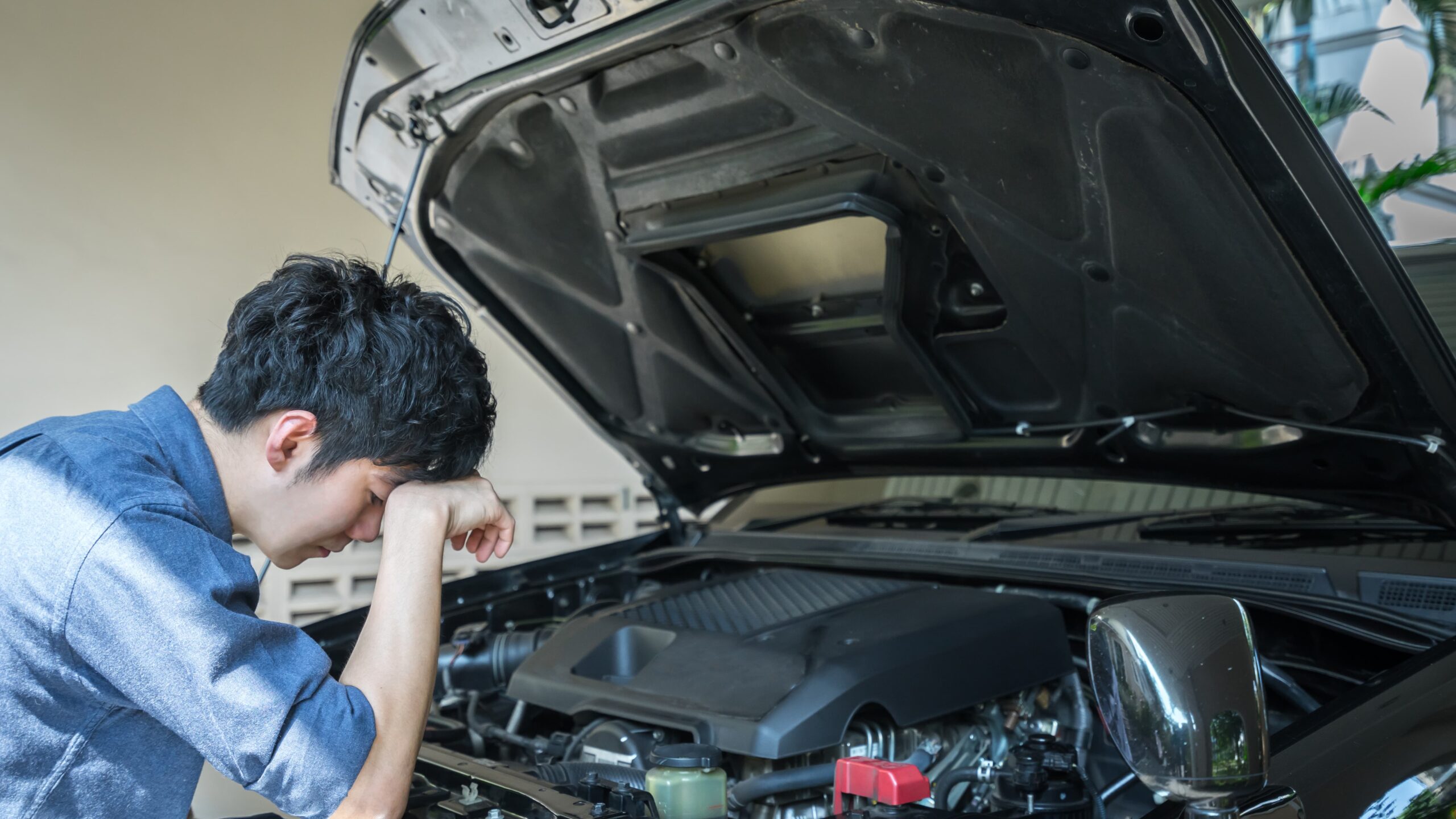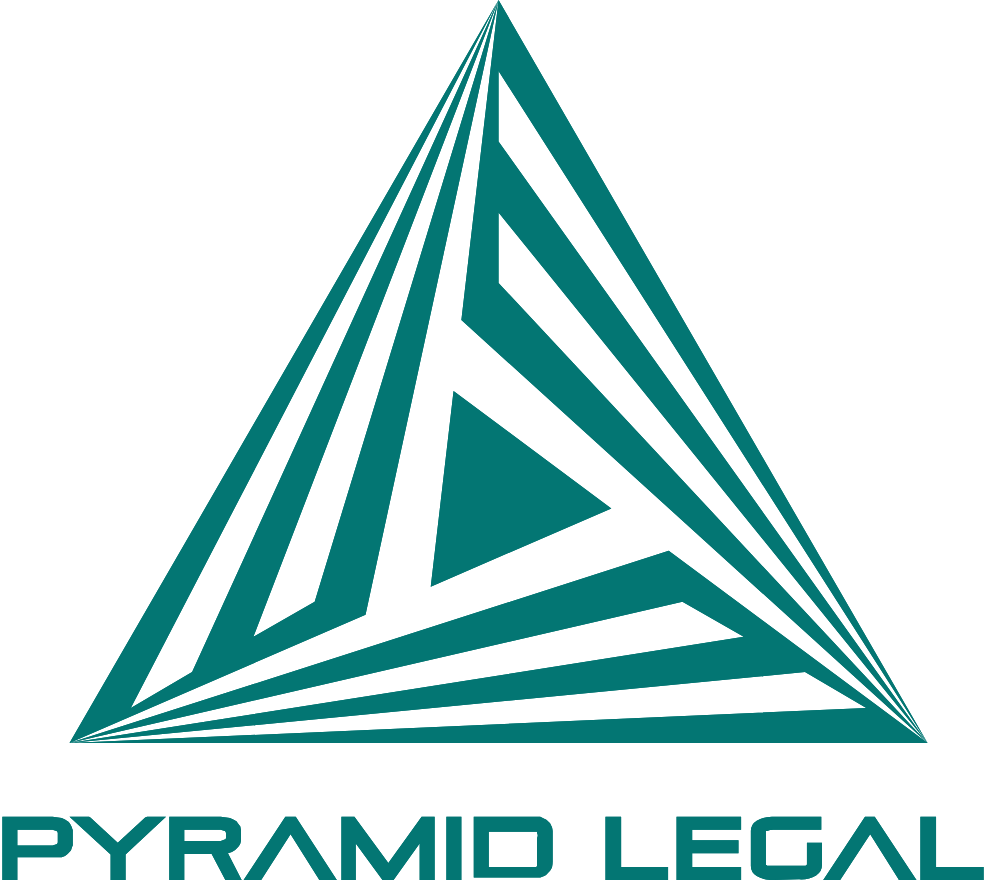A car accident can take its toll mentally, physically, and emotionally. It may result in only minor damages, or it can result in severe injuries that can last a lifetime. It can even result in death. While most accidents can be resolved between your attorney and the insurance company through settlement negotiations, sometimes, the case will go to trial. This can happen when the insurance company refuses to negotiate in good faith, delays the process to avoid paying out, or attempts to run out the clock on the statute of limitations.
According to a Court Statistics Report, only 2% of all car accident cases in the state of California go to trial. Nonetheless, you must always be prepared to do so when an insurance company doesn’t want to play ball. This article will cover what you can expect leading up to and during a trial. From opening arguments and discovery to introducing evidence and calling witnesses, it takes a lot of preparation and experience to navigate the legalities involved when you take an auto accident case to trial.
Seeking Medical Treatment
First things first. After a car accident, the first thing you should always do is seek medical treatment right away. The fact of the matter is after an auto accident, you may be injured even when you do not realize it. You may even be seriously injured, and the longer you wait, the worse your symptoms could become. You may be injured and not realize it for a myriad of reasons, including adrenaline and shock. A rush of adrenaline from the trauma of an accident could have a pain-killing or even numbing effect. It could be days before the pain and symptoms from your injuries set in. Shock could also prolong the effects of an injury from setting in.
Getting right to a doctor is paramount to getting an immediate diagnosis and starting treatment right away. The sooner you begin treatment, the better the chances that you will make a full recovery or at least a vastly improved quality of life. You will also need to start documenting your recovery for a lawsuit.
Finding a Qualified Attorney
The next step after getting medical attention is finding a qualified attorney that specializes in personal injury cases in the state of California. An experienced lawyer will have a firm grasp of the legal processes involved with filing a lawsuit, settlement negotiations, and if necessary, taking the case to trial. They will guide you along the way, giving you legal advice and informing you of the options available to you. And if your case goes to trial, a qualified personal injury expert is invaluable.
Filing a Lawsuit
Now, if the insurance company refuses to settle, disputes your claim, or in any way prevents the settlement process from moving forward, your attorney will then file a lawsuit, serving the insurance company with the documents informing them of your intent to sue. Once this happens, trial preparations begin.
Discovery
The first stage of impending litigation is discovery. According to the American Bar Association, “To begin preparing for trial, both sides engage in discovery. This is the formal process of exchanging information between the parties about the witnesses and evidence they ll present at trial. Discovery enables the parties to know before the trial begins what evidence may be presented.”
Mediation
Sometimes, mediation occurs as the trial preparations and proceedings take place. Mediation is overseen by a professional to assist in the dispute resolution process, in the hopes that each side can come together to reach a mutually beneficial outcome to prevent going through with litigation.
Taking Your Case to Trial
If settlements and court-ordered mediation fail, the next step is trial. According to NOLO, “Lawsuits begin when the plaintiff (the person suing) files a complaint against the defendant (the person being sued). Both sides exchange information about the case through formal discovery. After discovery is complete, if the parties still can’t reach a car accident settlement, the case heads to trial.”
Jury Selection
Juries play a crucial role in car accident cases. They listen to the evidence and make the final decisions on liability and monetary awards. Your attorney must be experienced in jury selection, also known as voir dire, as finding the right jurors who will be sympathetic to your case is key. California is one of the 33 states that use 12 jurors for both civil and criminal trials. During this process, the judge will ask the prospective jurors questions to help ensure fairness and impartiality. Both attorneys can then ask follow-up questions. This continues until all 12 jurors are accepted.
Opening Statements
Opening statements are important because of the lasting impact they can have on the jurors throughout the trial. Opening statements lay the foundation of your case, lay out what is to come and make an emotional appeal, garnering sympathy for the plaintiff. The same is the goal of the defendant’s attorney. Opening statements can carry significant emotional weight, and your attorney will take their time in preparing this monologue to help your case launch with high energy and create synergy between them and the jury.
Introducing Evidence and Witnesses
Since the plaintiff is making the claims against the defendant, the burden of proof rests on the shoulders of the plaintiff. Therefore, the plaintiff presents evidence and witnesses first.
Some of the evidence that will be entered is medical reports and bills, police reports, eyewitness statements, photographs or videos of the accident and damages, expert testimony, and any other evidence that your attorney feels will help your case. In some instances, your attorney will have you take the witness stand to paint a clear picture of the events that transpired during the accident, including an explanation of what happened leading up to the accident.
Expert testimony, medical bills, and police reports are very strong pieces of evidence because they come from a position of authority. Expert testimony, such as statements from medical experts, gives credibility to your claims of injuries. A police report is a key element because it comes from a police officer that was present at the scene of the accident, giving a credible first-hand perspective of fault and what happened. Medical bills are another crucial aspect of evidence submission because it is irrefutable documentation of your injuries and the causal link between the accident and the injuries leading to the financial loss you incurred because of the accident.
Closing Arguments
Once all evidence has been presented to the jury and all of the expert and witness testimony has been heard, your attorney will rest your case and provide the jury with closing statements. These closing arguments will be as heartfelt as the opening statements, recapping what the jury saw and heard, and swaying them with persuasive language, leading them to feel sympathy for you. Closing statements are just as important as opening statements as they will be the final words heard from your attorney before hearing closing statements from the defendant’s attorney, then going behind closed doors for deliberations.
Deliberations and a Final Verdict
Once the jury has heard witness and expert testimony and closing arguments and seen all evidence presented, they will retire for deliberations. Deliberations can take hours, days, or even weeks. It all comes down to the strength of your case and your lawyer’s ability to present your case effectively. Once the jury has decided on a verdict, the court session will resume and the judge will read the jury’s decision on who is liable in the accident. If the defendant is liable, the next step is awarding damages based on the medical bills, damages, and pain & suffering. If your lawyer was effective, you can expect fair compensation.
Conclusion
In conclusion, there is a lot of preparation and legal knowledge before taking a claim to litigation. The first step is to seek medical attention and finding a qualified personal injury lawyer in California. Next are discovery, mediation, and opening statements. From there, introducing evidence and witness statements makes up the bulk of the trial. Closing arguments and jury deliberations see the trial process come to an end. If you’ve been involved in an auto accident, contact Pyramid Legal today. We will give you a free consultation and explain to you all options available. We are ready to fight for you to get you the biggest settlement or monetary award the law will allow.


